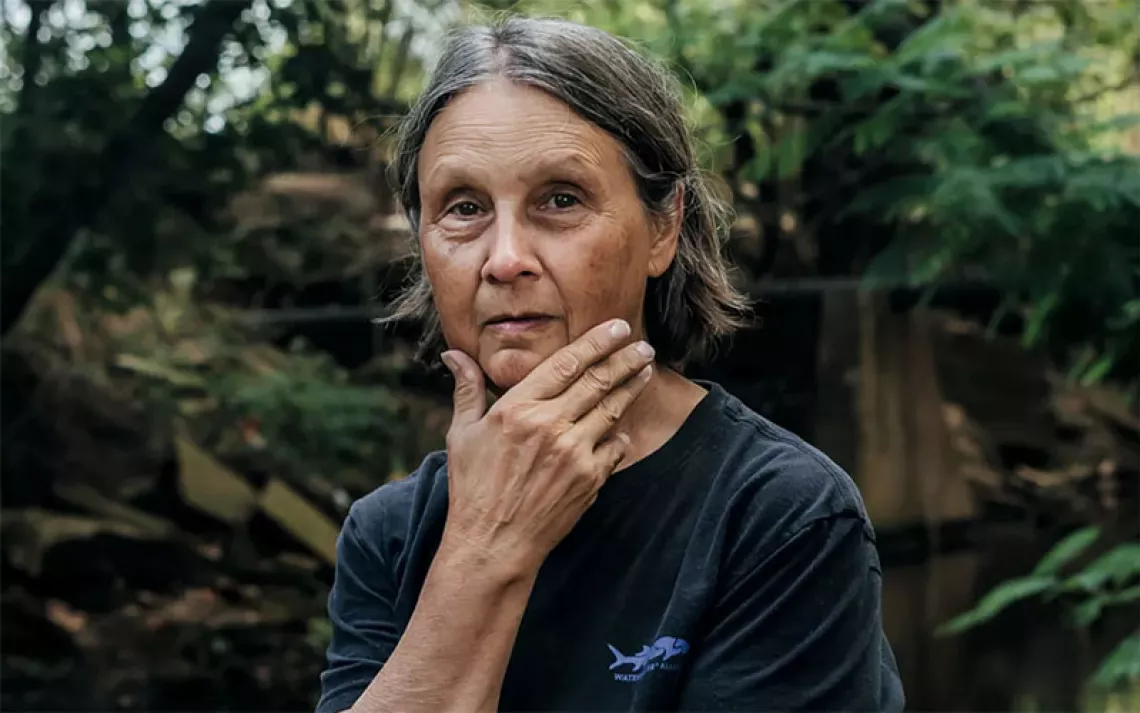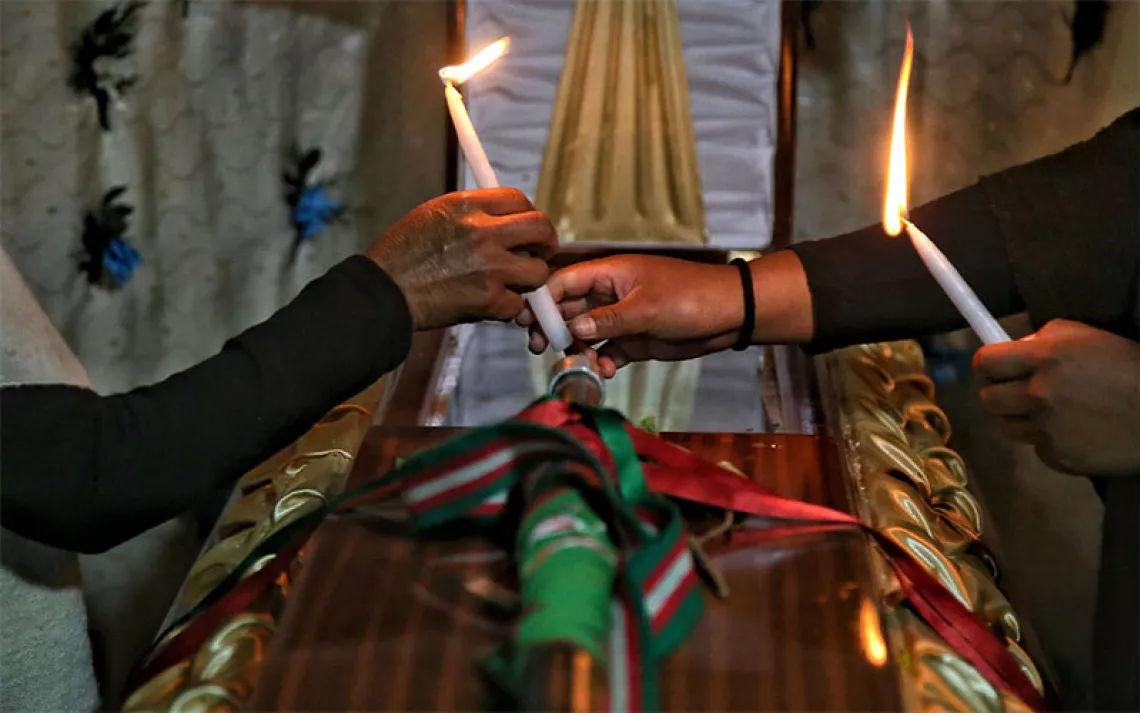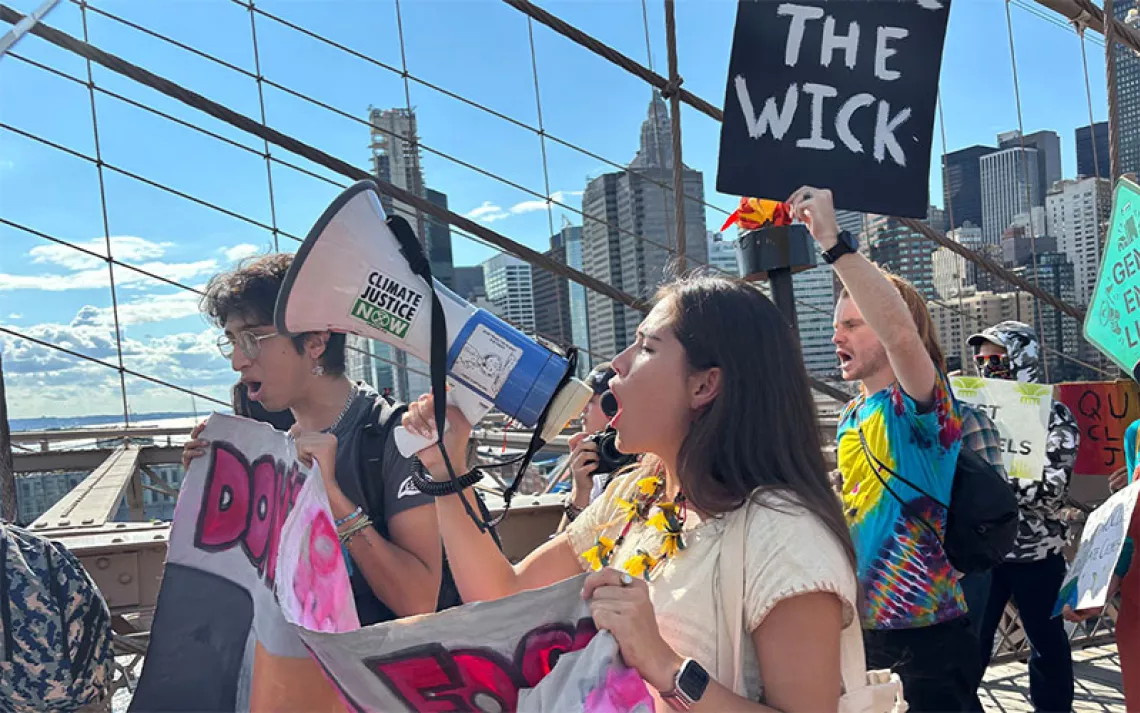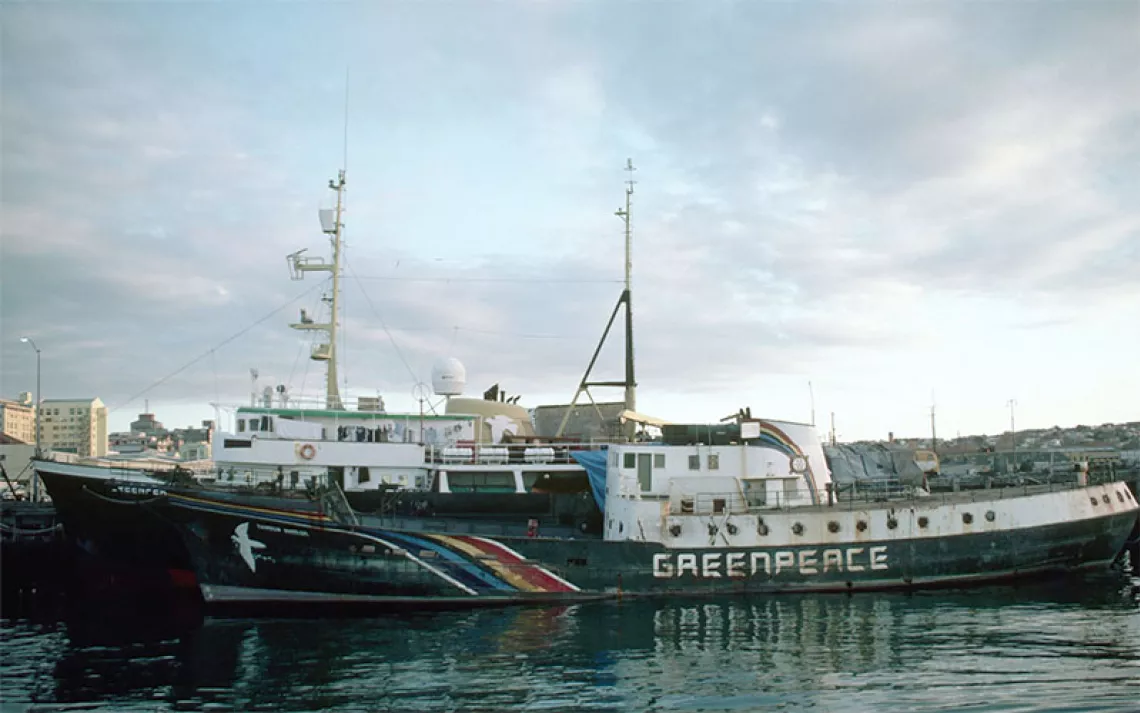Teamwork Can Change the World
Xavier Boatright brings people together for a common cause
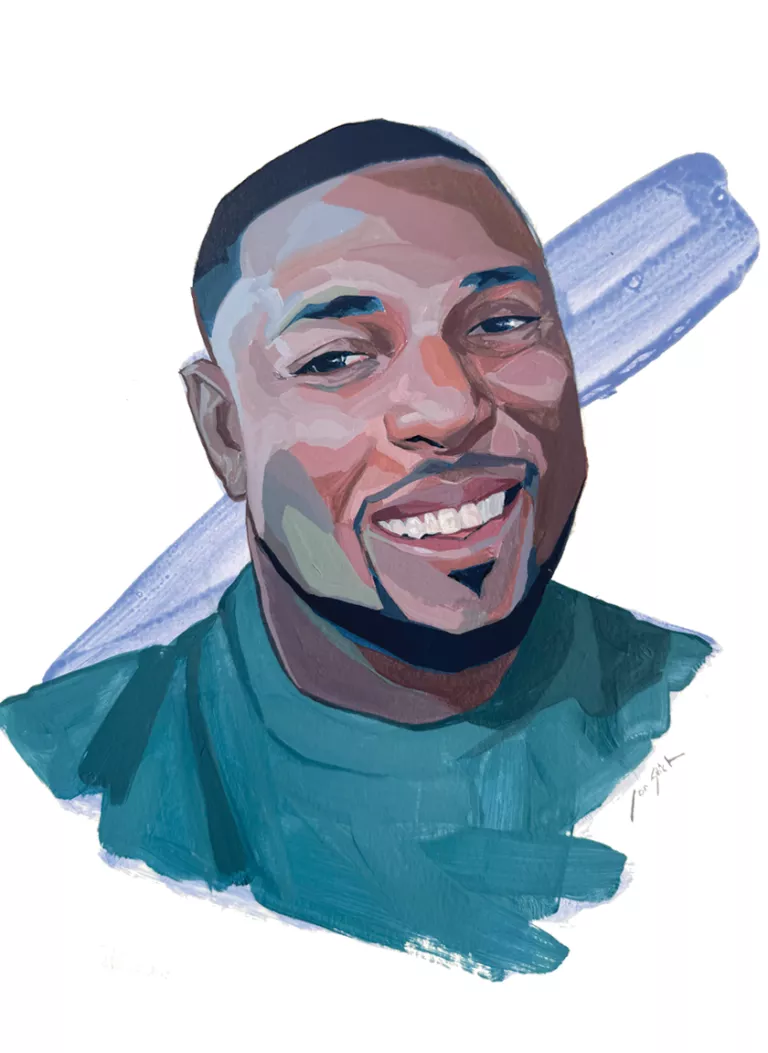
Illustration By Jon Stich
When I was playing in the National Football League in 2013, I got an Achilles tendon injury—that’s what led me to advocacy work. The injury put me in a wheelchair for 11 months. All of a sudden, there were places I couldn’t go, and I thought, “What about people who are permanently disabled?” One of my teammates put me in touch with an attorney, who used personal stories from me and other injured people to get businesses to comply with the Americans With Disabilities Act. That was the first time I thought, “So you can identify that something is wrong, and you can advocate, and it can change.”
After the injury, I had to retool. As a Black man going out into the workforce with nothing but NFL experience, I got a lot of nos. One of the few places that offered me a job was UPS in Asheville, North Carolina. My cheap apartment was near a coal plant, and I noticed my neighbors were receiving bottled water from Duke Energy. I would see cases everywhere—on porches, in plastic bags, along the road. Neighbors would make Christmas trees out of water bottles. I thought, “What’s going on here?”
The state had condemned many of my neighbors’ wells. Folks couldn’t drink or cook with their water. Some water was so bad that they couldn’t even bathe in it. One day, I saw a local nonprofit called Clean Water for North Carolina organizing in the neighborhood. After learning about the group, I checked for jobs. I thought that my living in the community helped give me an edge. I ended up getting a position as an organizer and began advocating for the closure of the Asheville coal plant. When North Carolina’s Democratic governor at the time, Roy Cooper, appointed Michael Regan [current head of the EPA] to lead the North Carolina Department of Environmental Quality, things started to change in our favor. By 2019, Duke Energy was forced to comply with a new state law—the company was required to connect coal plant neighbors to a permanent clean source of water.
After six years of organizing, I realized that as a person of color, there was a glass ceiling professionally, and I decided to go back to school to get a master’s. But I kept advocating and going to coal-ash hearings. That’s when Sierra Club folks I used to see on the campaign trail started telling me, “You shouldn’t be out here kicking ass like this for free,” and then I got hired as a Beyond Coal campaign organizer.
Now I’m a lobbyist with the Sierra Club’s federal policy team. In a way, football prepared me for my current role because it helped me think about how to position myself and maneuver among all the various campaigns, internal staff, and external coalitions. My organizing has made me a much stronger advocate because I have connections to constituents who are directly impacted by issues.
I get to work on initiatives ranging from phasing out polluting home appliances to promoting building electrification. But my favorite projects are the ones where I rub elbows with the wildlife conservation folks. I collaborate with our conservation team, and we speak with lawmakers about everything from offshore wind to clean energy tax credits. I provide talking points and expert testimony, help suggest legislation based on what our teams and partners have learned, and act as a liaison between lawmakers, federal agencies, and the Sierra Club.
I need money to survive, but I don’t really do this work for money. Whether somebody’s paying me to do it or not, I’ll be doing this advocacy work.
 The Magazine of The Sierra Club
The Magazine of The Sierra Club
